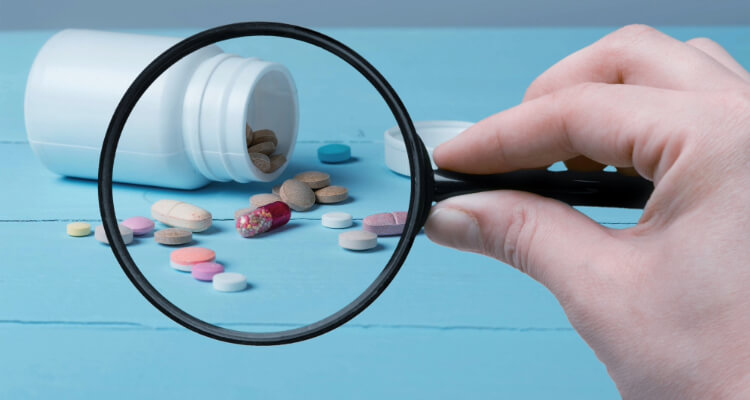The New Jersey Supreme Court majority continued with the following in relevant part: Here, the extensive record substantiates that DRE testimony sufficiently satisfies the Daubert criteria to be admissible, with the following four limitations and safeguards: * The DRE may opine only that the evaluation is “consistent with” the driver’s ingestion or usage of drugs, not that it was actually caused by drugs. * If the State fails to make a reasonable attempt to obtain a toxicology report without a persuasive justification, the DRE testimony must be excluded. * The defense must be afforded a fair opportunity to impeach the DRE. * Model instructions to guide juries about DRE evidence should be considered.
Most evidentiary rulings are reviewed for an abuse of discretion. In Accutane, the Court held that trial courts’ expert reliability determinations should be reviewed under that standard in civil matters. See 234 N.J. at 392. In criminal law, however, a trial court’s reliability determination under Frye — i.e., its determination of whether the relevant scientific community generally accepts a scientific theory, test, or technique — was accorded less deferential review than other evidentiary decisions. Going forward, in New Jersey criminal and quasi-criminal cases in which the trial court has admitted or excluded an expert witness based upon Daubert reliability factors, appellate courts shall review that reliability determination de novo. However, other case-specific determinations about the expert evidence — such as whether the witness has sufficient expertise, whether the evidence can assist the trier of fact, and whether the relevant theory or technique can properly be applied to the facts — should be reviewed for an abuse of discretion.
The reference to “quasi-criminal” matters appears to be a reference to drugged driving and/or drunk driving charges. In New Jersey, both charges are motor vehicle offenses as opposed to criminal. However, their enhanced penalties make them “quasi-criminal.”

